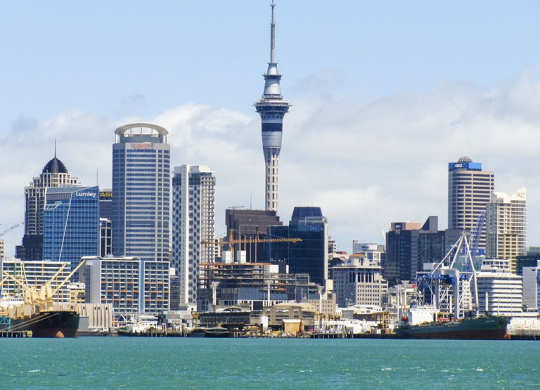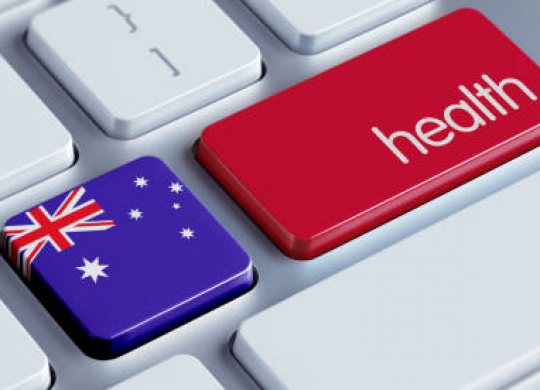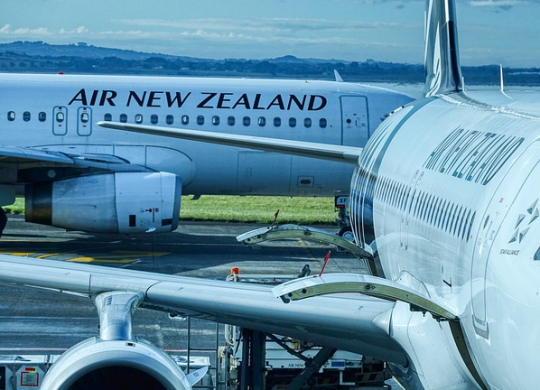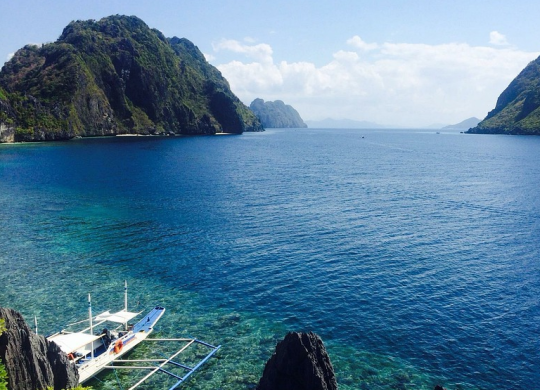
New Zealand is located in the South West Pacific near Australia. A country with a high standard of living, internationally recognised education, one of the lowest levels of corruption, personal security, decent pay and incredible natural beauty. For all residents it provides one of the most comfortable places to live. It is open and safe, beautiful and clean, friendly and polite, modern and harmonious.
The health system is of a very high standard. It was built on the basis of the British system. The doctors are highly paid and are in effect a separate caste. Many doctors leave for Australia. The government provides sufficient funding for equipment and specialist training.
New Zealand citizens and permanent residents have access to government medical insurance. The health care system is funded by taxation, and no deductions are made from insured wages to the social security fund.
Health care system features
Health care system in New Zealand is divided into two sectors:
Primary healthcare is primary care, which is provided by general practitioners: GPs, nurses, pharmacists, physiotherapists, nutritionists, etc. There is a charge for the primary sector for all patients, regardless of visa status (with the exception of children under the age of 13). If a patient qualifies for subsidised healthcare, the cost of admission may be reduced by 50%.
Secondary healthcare is care by highly specialised doctors, including hospitalisation. This also includes care for pregnancy and childbirth. Admission to specialists and services at public health facilities are free of charge if you are eligible for the subsidy.
Primary care is provided by a GP, also known as a family doctor. The GP is the link between the patient and the health care system. The GP takes on a broad specialist role, and if a serious medical condition arises, the GP makes an appointment with a subspecialist.
The cost of medical services in New Zealand is very high. Residents and certain other groups in the country can get medical services for free or at a significant discount. This is all thanks to subsidies from the country's government.
To qualify for subsidised care, you must be one of the following
Have New Zealand citizenship;
hold a New Zealand citizenship; or - have a residency visa;
hold a work visa, but only if the period between your actual entry into the country and the end of your current work visa is at least 2 years.
Children under the age of 6, regardless of visa type, receive free medical care under the Tamariki Ora programme. This programme aims to ensure that the child grows and develops properly. The New Zealand Ambulance Service is owned by the charity St John and is not fully government-funded.
The ambulance service is run by paid staff and volunteers. All people in New Zealand, regardless of visa, age, occupation or time spent in the country, are insured by Accident Compensation Corporation (ACC). The ACC covers all accidents.
Dental treatment is free only for people under 18 years of age. Maternity services in New Zealand are free for those who are eligible for the subsidy and their partners. New Zealand has a well-developed mental health care system. There are various government programmes for dealing with depression, suicidal tendencies, alcohol and drug abuse.
Medical services and insurance for foreigners
New Zealand citizens, permanent residents and temporary residents of certain countries have access to government medical insurance. For some types of visas, such as student visas, valid health insurance is a requirement.
Persons with access to the New Zealand national health scheme include:
New Zealand citizens, permanent residents;
Work visa holders who have been authorised to work in New Zealand for at least two years, including time spent in the country before the date of their current work visa;
Persons under the age of 17 years whose parents are eligible for subsidised health care;
Refugees.




